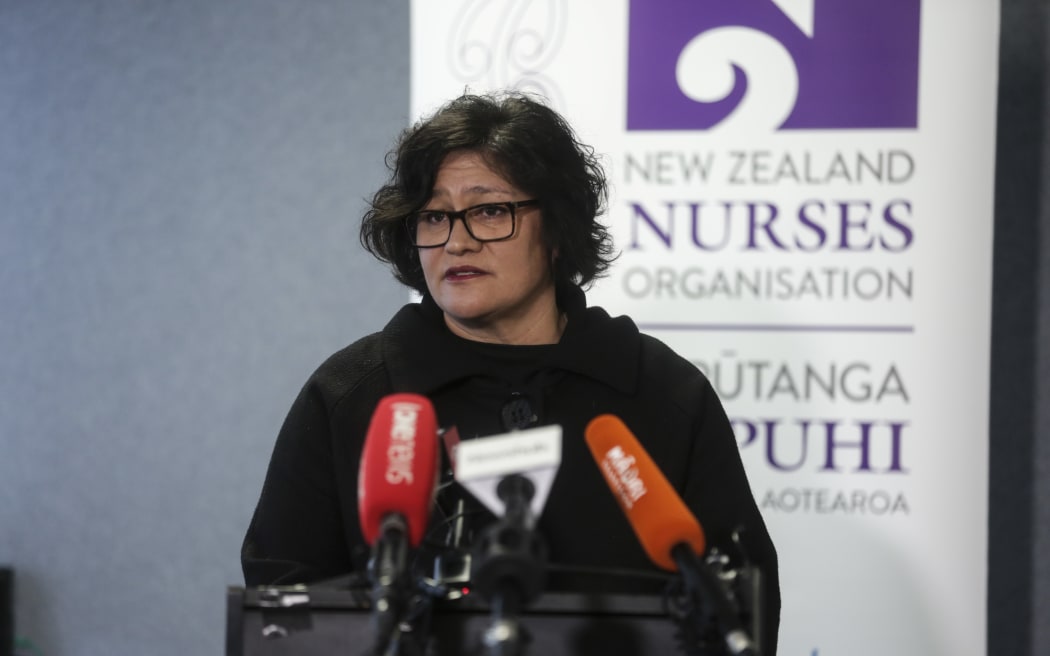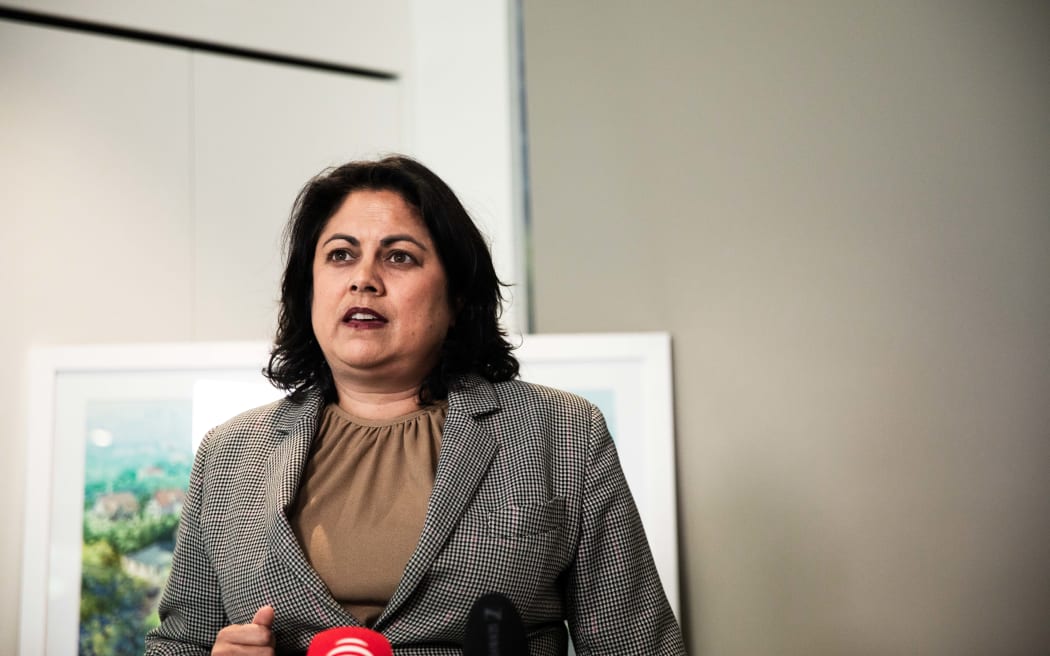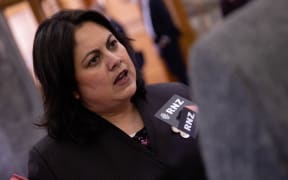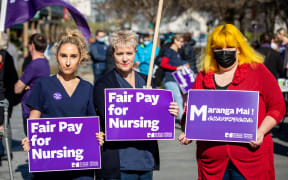
Photo:
Family doctors fear the government's refusal to include nurses working in general practice in its pay parity package means they will continue to haemorrhage staff.
From tomorrow, more than 8000 nurses working in aged care, hospices and other community providers will start getting pay rises of up to 15 percent, bringing them closer to pay parity with their colleagues working in hospitals.
But nurses working in GP clinics have been left out in the cold.
Te Omanga Hospice nurse Laura Page said it was "a privilege" to work there - and help people live their best lives right until the end.
However, this pay rise would make hospice nurses finally feel they were cared for too, she said.
"It means we can support our families better, which means we can be better people and do our job better and look after our people better."
Her colleague Caroline Komene said hospices generally did not have the high turnover of aged care and some other organisations.
"What holds them here? I think it's more about the work than the pay - certainly for me."
Even so, there was increasing pressure on the sector, and she hoped getting paid similar rates to hospital services would make it possible for more nurses to do this important mahi.

Ayesha Verrall Photo: RNZ / Samuel Rillstone
Health Minister Ayesha Verrall, who was at Te Omanga in Lower Hutt today to mark the occasion, said the $200 million boost would take most nurses' base salary to about 95 percent of their hospital-based colleagues' pay.
"One of the reasons why the gap emerged is because the government had done so much to raise hospital nurses' salary through the pay agreement in 2021 and the recent interim pay equity payments that went out," Verrall said.
The pay equity agreement - which aimed to ensure fix the pay gap between nurses (who are predominantly women) and comparable male-dominated professions - has been challenged by the unions, which believe backpay should have been included.
However, pending a ruling by the Employment Relations Authority, nurses employed by Te Whatu Ora have received interim payments.
Verrall said this boost marked "a substantial step" towards getting pay parity between nurses in the community and their hospital colleagues.
It was also good news for community health services, she said.
"I know in aged residential care, concern about salaries has been the reason why it's been difficult to keep some aged residential care beds open.
"So I see this not just as important in terms of recognition of those workers but also for the sustainability of our health system and addressing some of the problems we have in discharging people out from hospital into the community."
It has been a hard won fight, with many primary care nurses going on strike in October after more than a year of failed pay negotiations.
'A real kick in the guts'
But the battle is not over for some - Nurses Organisation kaiwhakahaere Kerri Nuku said the difference between hospital pay rates and general practice was about 10 to 15 percent, with some Māori and Pasifika services languishing 25 to 30 percent below.
"It's a real kick in the guts for the work that they're doing. For many this is the last straw and they're looking to go overseas.
"If we want to invest in the workforce then we have to sincerely listen to what they're wanting. And it's not just about the pay parity, it's about safe working conditions and having the resources so that when we go to work, we can do it really well."
GP Owners Association chairperson Dr Tim Malloy was bemused by the minister's claim that the government had recently announced "a pathway for consideration of pay parity in general practice".
The sector had been providing hard evidence for months, including the actual MECA agreements for the different nursing groups, he said.
"So we're not sure what we're meant to do or have done to justify them delaying further the implementation of pay parity for our nurses.
"Our biggest worry is that while we delay through process we are still losing workforce. "We're reaching a critical point where patients will get hurt.
"And as a doctor, I find that unacceptable."
Meanwhile nurses working for Plunket, Family Planning, school nursing services, mental health and addiction, rural hospitals and in telehealth will have to wait until July 1 for their pay rise.






